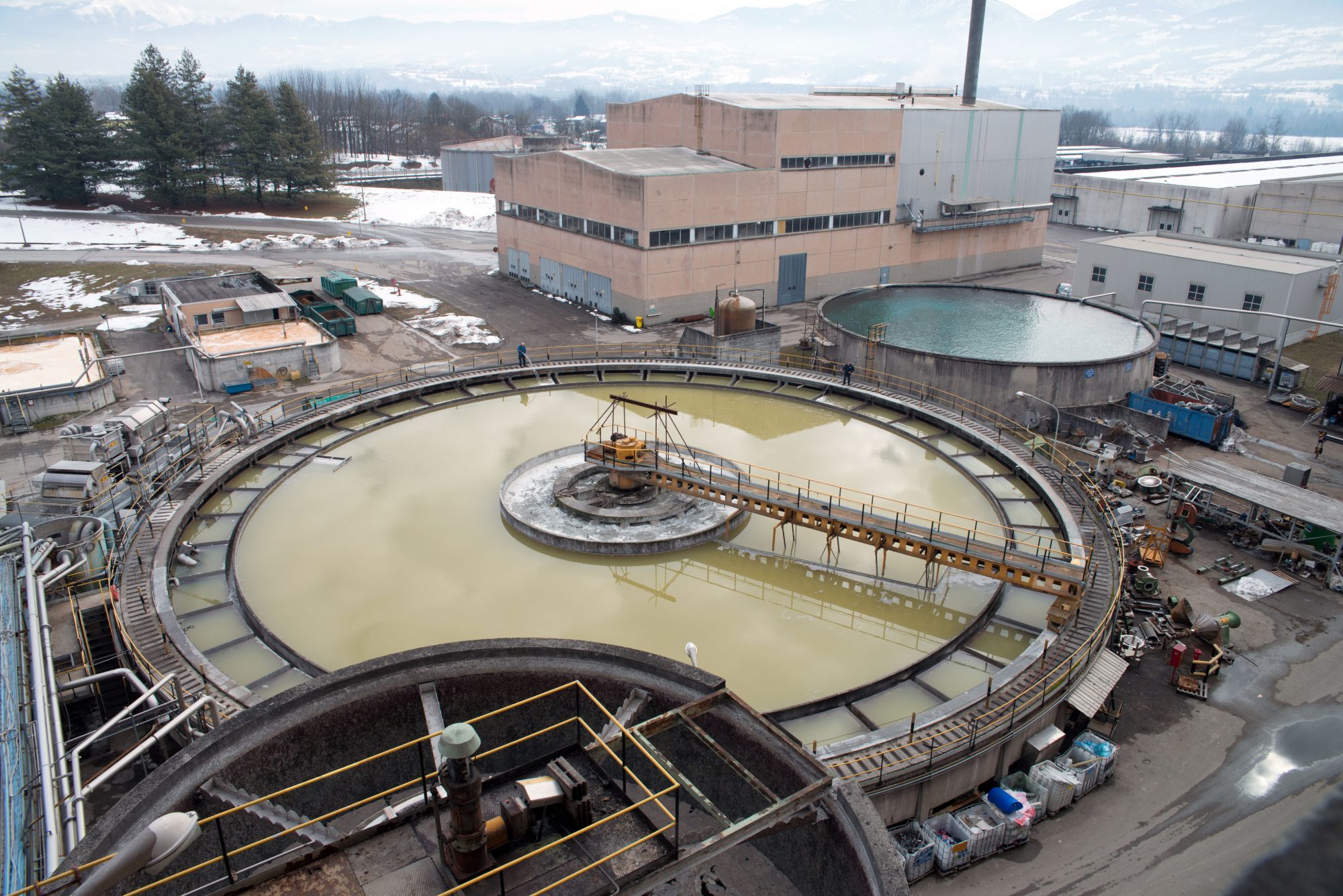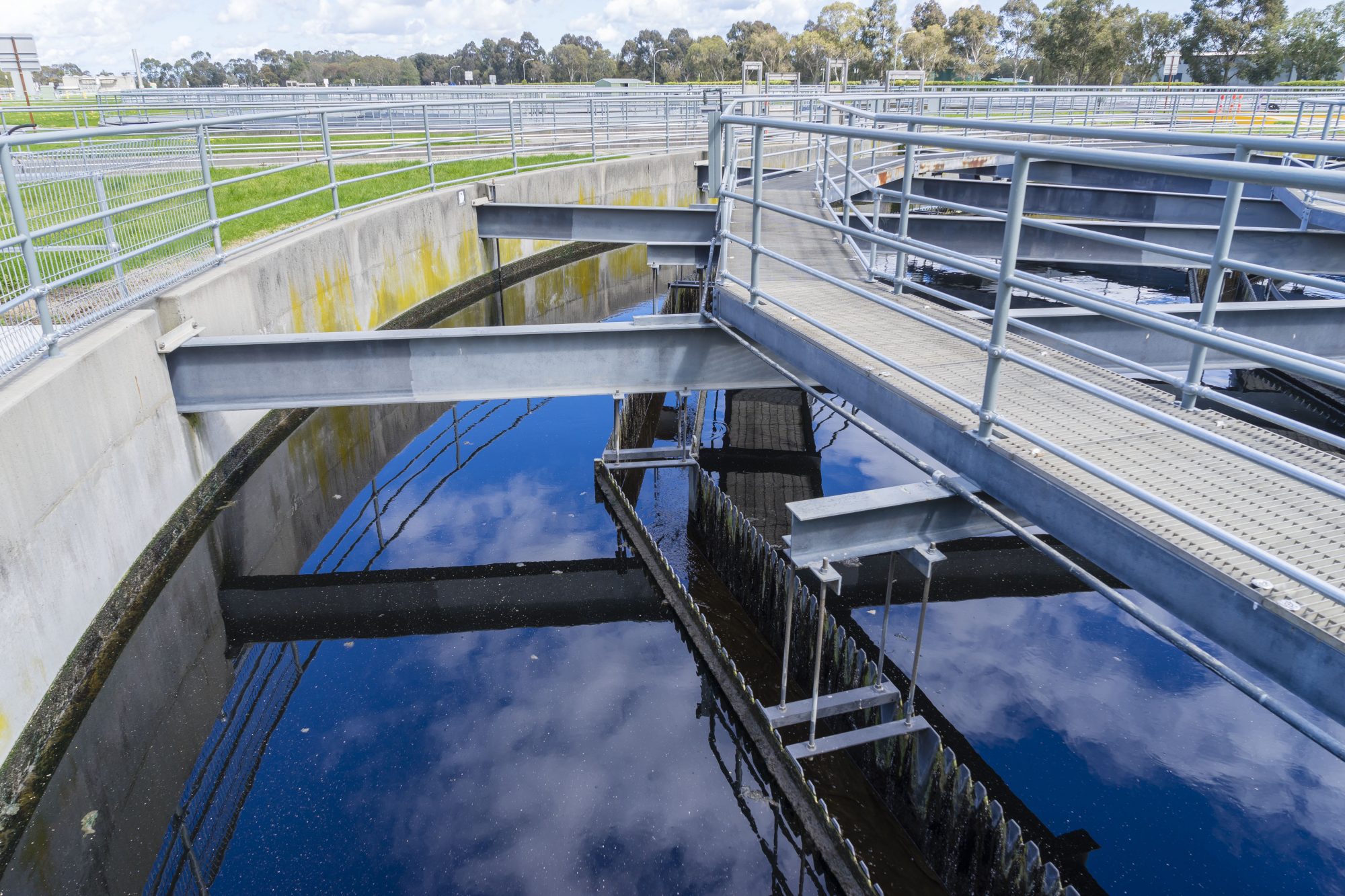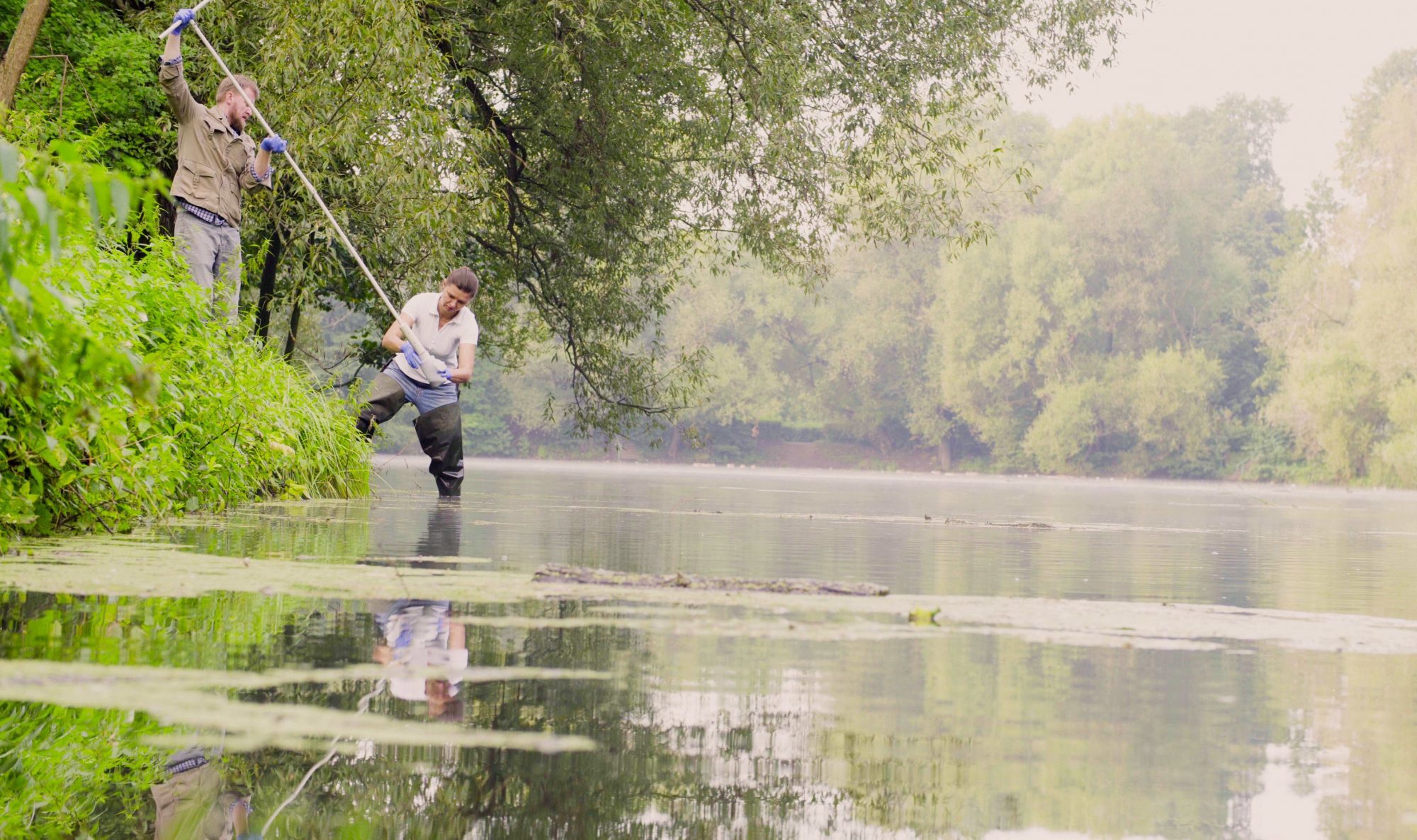Aquatic Ecosystem Assessment
Biocriteria are narrative or numeric expressions that describe the desired biologic integrity (structure and function) of aquatic communities and are used for the assessment and regulation of aquatic ecosystem health. Biocriteria, and the techniques for assessing them, evolve over time. Tasks in this focus area investigate biocriteria and bioassessment approaches,…
Learn More




